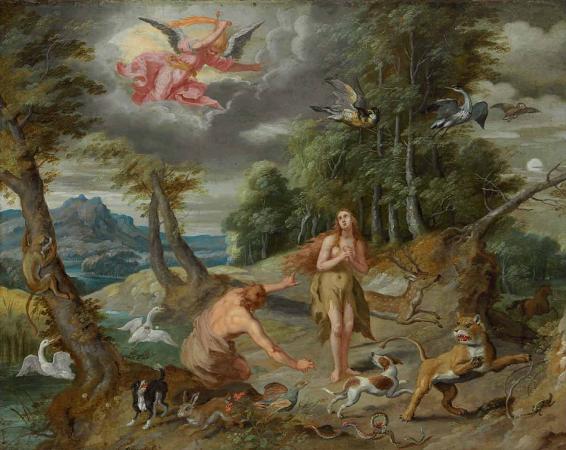Paradise. In religion, paradise is a place of exceptional happiness and delight. Paradisiacal notions are often laden with pastoral imagery, and may be cosmogonical or eschatological or both, often compared to the miseries of human civilization: in paradise there is only peace, prosperity, and happiness. Paradise is a place of contentment, a land of luxury and fulfillment. Paradise is often described as a higher place, the holiest place, in contrast to this world, or underworlds such as Hell. In eschatological contexts, paradise is imagined as an abode of the virtuous dead. In Christian and Islamic understanding, Heaven is a paradisiacal relief. In old Egyptian beliefs, the otherworld is Aaru, the reed-fields of ideal hunting and fishing grounds where the dead lived after judgment. For the Celts, it was the Fortunate Isle of Mag Mell. For the classical Greeks, the Elysian fields was a paradisiacal land of plenty where the heroic and righteous dead hoped to spend eternity. The Vedic Indians held that the physical body was destroyed by fire but recreated and reunited in the Third Heaven in a state of bliss. In the Zoroastrian Avesta, the Best Existence and the House of Song are places of the righteous dead. On the other hand, in cosmogonical contexts paradise describes the world before it was tainted by evil. The concept is a theme in art and literature, particularly of the pre-Enlightenment era, a well-known representative of which is John Milton's Paradise Lost. By the 6th/5th century BCE, the Old Iranian word had been borrowed into Assyrian pardesu domain.
more...










